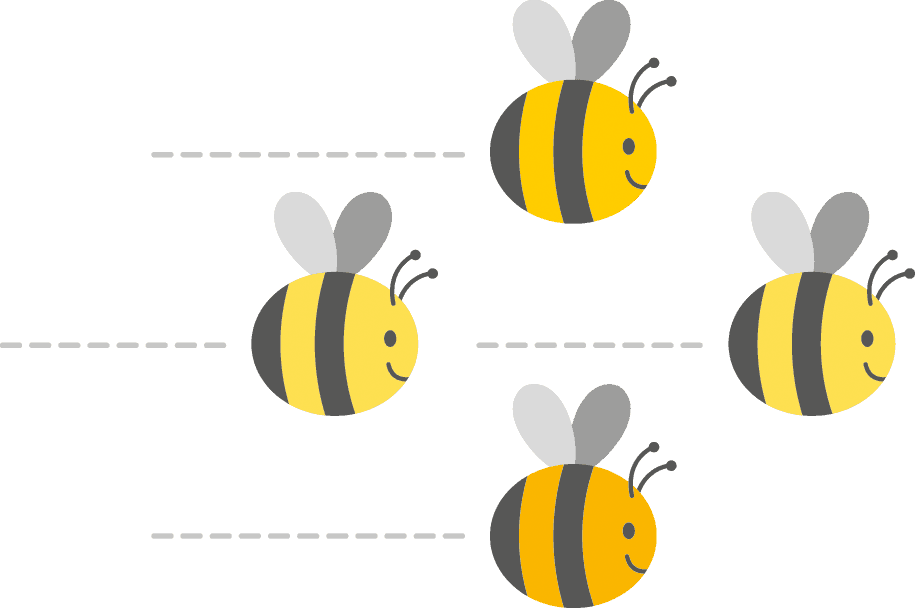Services for Schools

A primary role for educational psychologists is to support individual children and young people displaying the greatest level of need. Support focuses across the four areas of the Special Educational Needs and Disability (SEND) Code of Practice. The aim is to understand the depth of a child's strengths and needs, to provide solutions that remove barriers to their learning. All approaches and solutions are underpinned by expertise in child and adolescent development, and applied psychology.
To identify the right solutions to help, our involvement makes effective use of assessments, pupil voice, consultation and action planning, and report writing, whilst also aiding parental involvement.
Assessments
Assessments help to triangulate information and clarify or identify areas of strength and need. They play a key role in focusing intervention, informing action plans and reviewing progress over time.
We use a variety of assessments within each area of SEND (physical and sensory; communication and interaction; cognition and learning; and social, emotional and mental health). They include direct and indirect assessments, that are either formal or informal. Frequently used are standardised assessments, criterion referenced assessments, dynamic assessment, play-based assessments, observations and questionnaires.
Pupil Voice
To support children and young people, it is essential to gain their perspectives, and have their voices heard and acted upon within the process of an educational psychologist's involvement. Only through gaining a pupil's voice can we truly understand their lived experiences. Only through acting upon their opinions, can children and young people feel included in finding solutions to best help and support them.
We use a variety of approaches to gain a child or young person's opinions and to aid their participation. We apply techniques depending upon a child's age and development, often utilising play-based creative techniques, therapeutic approaches, personal-construct approaches, self-report questionnaires or less formal conversations. Wherever possible, we consider person-centred planning approaches that enable children or young people to be part of solution-focused, problem-solving consultations.
Consultation and Action Planning
Consultation is a joint problem-solving approach with school staff, which draws upon experiences and expertise, whilst pulling together all triangulated information and assessment results, to gain a deeper understanding of a child or young person's needs. This approach results in the formulation of an action plan, detailing practical creative solutions and interventions tailored to each individual child or young person.
Our consultation approach and action plans work within the 'assess, plan, do, review' process of the graduated response. Action plans are frequently reviewed to uncover a deeper understanding of a child or young person's strengths and needs (their responses to intervention), and the next steps needed to effect further change.
Our consultation approach often includes parents and supports joined-up working, shared understandings of a child or young person's needs and develops solutions between home and school.
Reports
Reports are provided for different purposes, and reflect the aims and outcome of our involvement.
Reports can vary from brief summaries detailing next-step recommendations, to consultation action plans detailing assessment results and agreed solutions, to more comprehensive reports detailing strengths and SEND needs, assessment results and provisions required to meet short, medium and long term outcomes.
Ideally, our model of practice is within the division of consultation action plan reports, which are updated as part of the 'assess, plan, do, review' process. However, we understand that at times a comprehensive report is requested for specific purposes. For example, to thoroughly understand a child or young person's presenting needs; to seek multi-agency support; or as part of a request for an education, health and care needs assessment. Our consultation action plans are often submitted as evidence of the graduated response, or comprehensive reports are requested following two rounds of 'assess, plan, do, review', and when additional provisions are being sought. Equally, we can provide comprehensive reports in addition to the initial action plan process. Overall, we apply a flexible approach to report writing that ensures we provide a service in a style that best meets the needs of the children and young people we support (and their schools too!).
Our typical time frames for completing reports is within two or three weeks (once all information is gathered and solutions are agreed). Very often reports are written much sooner, sometimes within days! This is our preference, as we believe reports should be written when we have a current understanding of a child or young person (when all details are fresh in our minds), and to ensure the action plans can be implemented as soon as possible.

“Training for school staff is an essential part of the continual growth of a school, as it facilitates the application, within education, of 'current' evidence-based practice in child and adolescent development.”
Given the knowledge basis, experience and continual professional development behind an educational psychologist's application and continual review of applied psychology, it is no wonder we play a key role in delivering training solutions for school staff! The positive impact of applying psychology can be seen at the whole school level, and we thoroughly enjoy it too!
At Waite Psychology, we recognise that a school's training solutions vary, so we tailor a package around a school's needs. This includes an initial consultation to explore the purpose, content (either bespoke or from pre-existing training) and desired outcomes. After training delivery, follow-up consultations are made to aid the application of theory into practice.
Below is a selection of examples from our most popular training programmes. If you cannot see what you are looking for, contact us and we will help you to work it out.
Our network of connections to other psychologists and specialists also means that if we cannot provide a training solution directly, we will know someone who can!
Training programmes to aid whole school practice:
Training programmes to aid physical and sensory development:
Training programmes to aid cognition and learning:
Training programmes to aid communication and interaction:
Training programmes to aid social, emotional and mental health:

“Did you know that Waite Psychology works with schools at a group and whole school level through their consultancy and project work? This is because applications of psychology go beyond supporting individual children or young people, and can result in a greater impact when applied to meet whole school targets and systemic change.”
At Waite Psychology our consultancy and project work are offered as a bespoke service created through collaboration, that develops a tailored package of solutions to a school's group or organisational targets. This is inclusive of our engagement in research and development projects, consultancy-based advice for whole school development plans, policy development and dissemination of whole school or group interventions.
Ideas and examples include:
If these ideas have evoked some of your own, then please contact us! We would love to discuss your ideas further and plan more exciting projects to support all children and young people in your school!